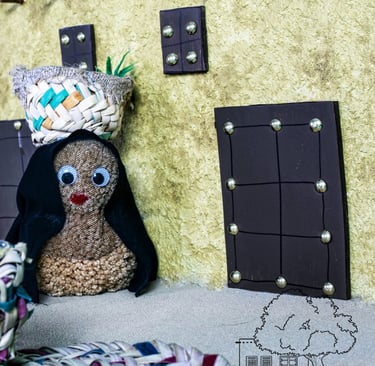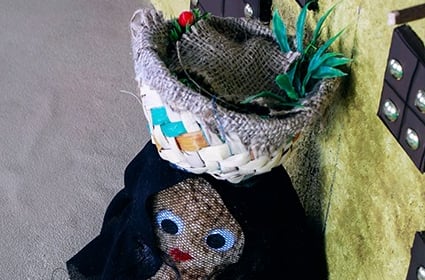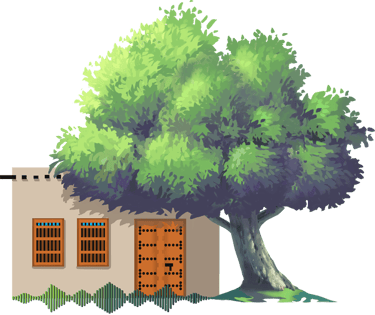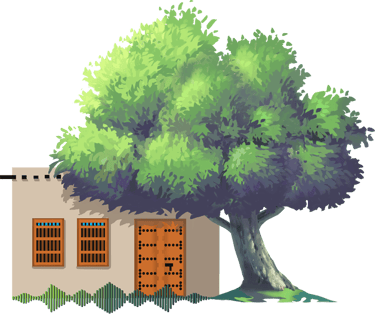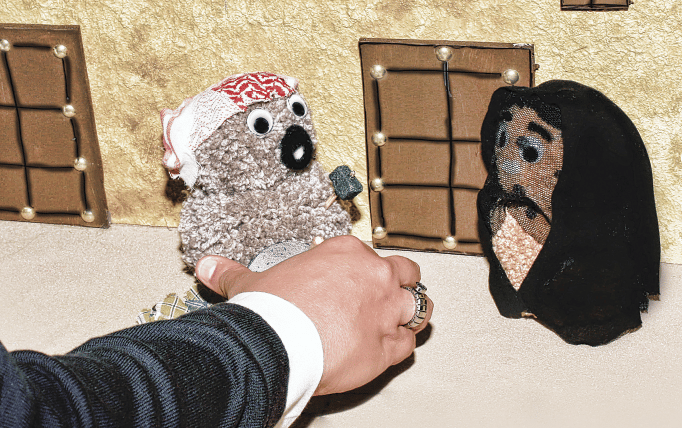ﺍﻟﺸﺎﻭﻱ Al-Shawi
Sheep herding is one of the oldest Kuwaiti professions. The shepherd gathers the sheep that come to him from the people of the neighborhood. Each neighborhood has its own shepherd who gathers them in the morning in preparation for leaving the neighborhoods to outside the wall, the wall of Kuwait City. After the sheep are gathered from each house in the neighborhood, the most important thing that the shepherd takes care of is the donkey, which is to transport his belongings inside the “Kharj,” which is a burlap bag to put the provisions (the shepherd’s food), and also to put the baby goats in it if it happens to be found. The shepherd of the gazelle is considered one of the most famous shepherds in the Jablah neighborhood. The shepherd of the mataba is also a famous personality, and there is a famous song that he used to sing to children when he was present, which is:
كيا شاوينا صيّح على امه
شاوي المطبّه بيي له ارطبه
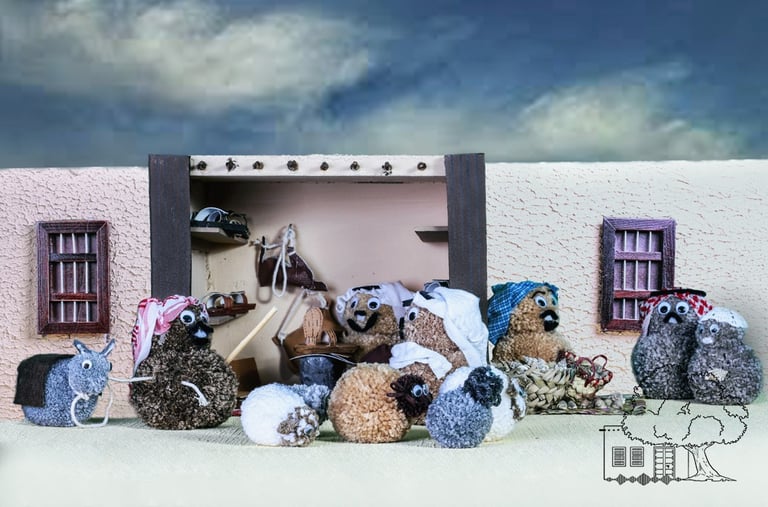

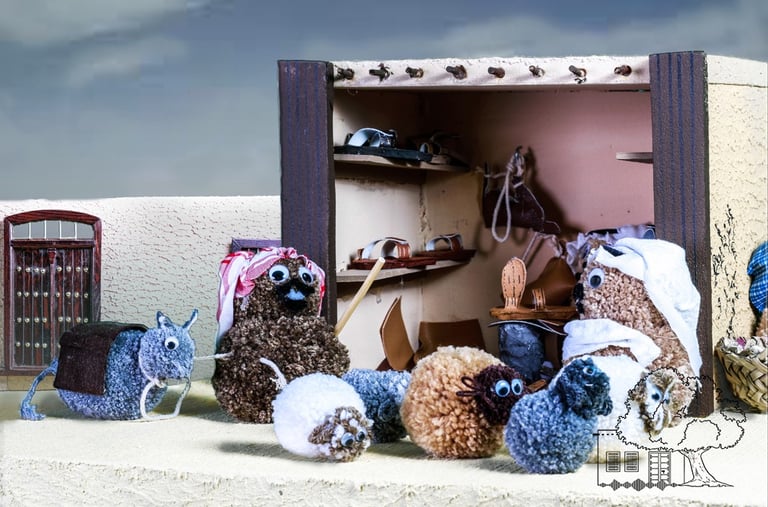

The Bajla and Nakhi Seller
It's a popular profession among women. They sell cooked bajla and nakhi (beans and chickpeas) and place them in a small plate, adding black pepper. The sellers would sit on poles in the neighborhoods.
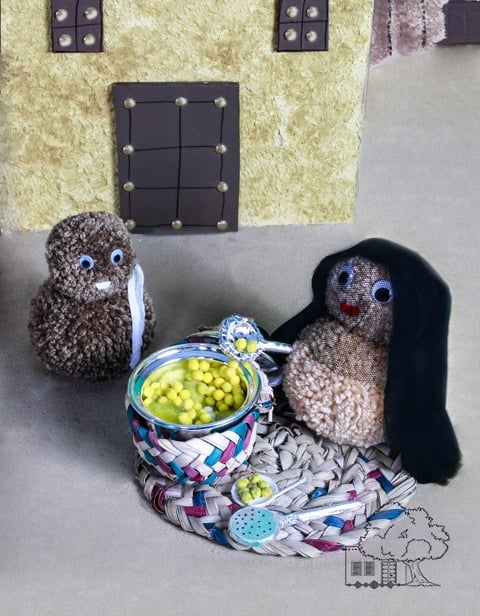

Ice Seller
Ice was precious and scarce, and obtaining blocks of ice was difficult, as priority was given to cafes, fishermen, and ice shops. In the alleys near homes, and in places where passersby bought ice, vendors would place blocks of ice wrapped in burlap in front of them to prevent them from melting. Ice was sold by weight, and each person who bought ice would carry a small ice bottle with him to keep it from melting.
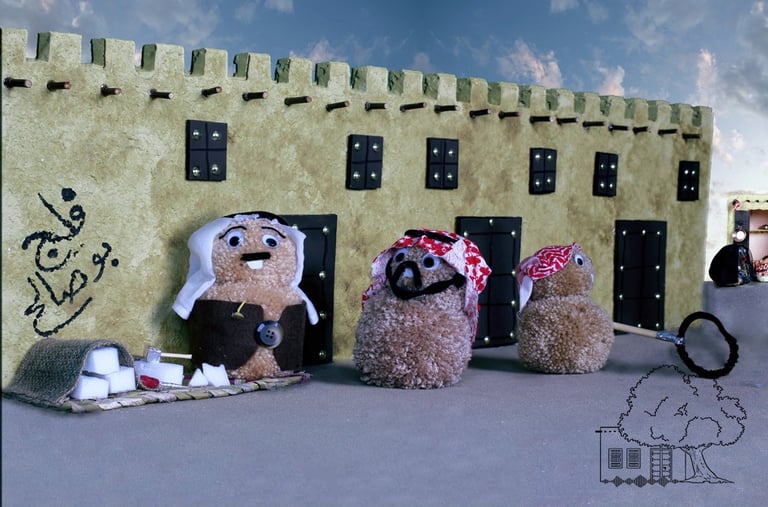

النداف (القطان) The Nadaff (Qattan)
A cotton worker, also known as a cotton tambourine, is a person who cleans and sorts cotton or wool to make mattresses, blankets, and quilts. Before cotton, a tambourine worker used sheep or ewes' wool to stuff cushions or mattresses (dawasik). Using a bow to clean and purify the cotton, the tambourine worker transforms the compressed cotton, which is loaded with impurities, into clean, silky cotton. The tambourine worker is in high demand during holidays and weddings, to make new cushions and pillows for guests to sit on. The "Naddaf" begins his work by stripping the cotton from its fabrics, spreading it on a mat to expose it to the sun for a period of time to facilitate the process of cleaning and turning the cotton, and getting rid of any impurities and cohesive cotton parts stuck to it. This process is done by means of a tool that emits a quiet sound that some people feel sad about, resulting from the striking of the rod known as the wooden beater on the thick string stretched on the string (the tanga). The cotton then turns to its natural white color, and then the "Naddaf" returns it to its new fabrics, and sews it with a hand needle and cotton threads.
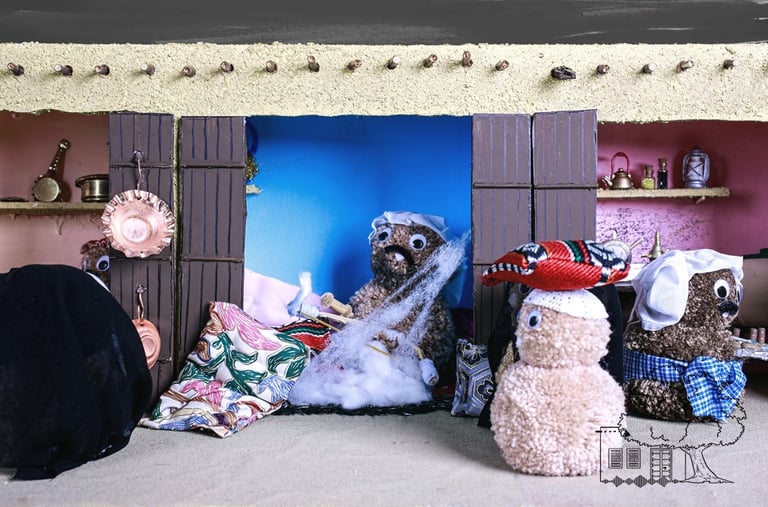

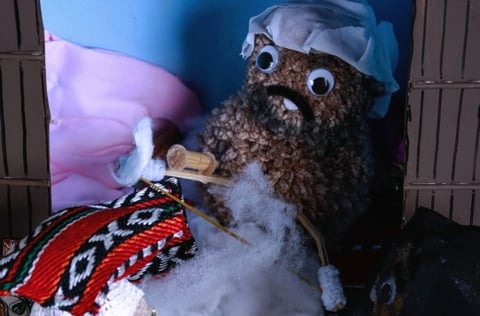

The Coppersmith
Coppersmithing is a profession that specializes in the maintenance and cleaning of copper utensils after they have oxidized or turned black. Among the most important copper products are cooking pots, large plates, coffee pots, and sieves (or "malalis"), "mashkhala", and "tous" ("malal").

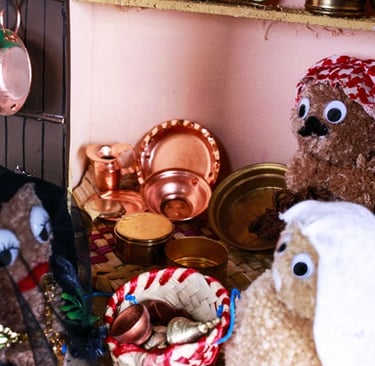
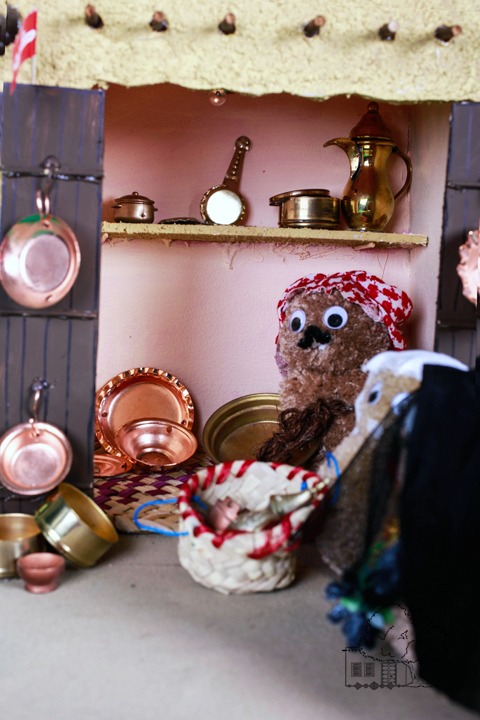

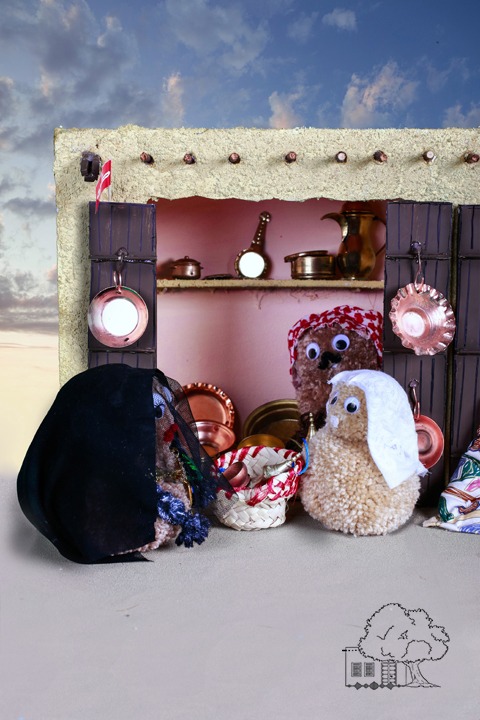

جليب اﻧﺨﻢ Jleeb Ankham
This sentence consists of two words: the first word (jalib), which means well or pit. The second word (ankham), which means to swallow. :And Nakhum is a colloquial word that is still used today and means to clean or sweep the place, but its overall meaning is to sweep the well and clean it from the dirt and filth that falls into it. This profession is done by two people, usually one of whom is blind or partially sighted, as they roam the streets and alleys of the city calling out loudly (Jleeb Ankhum - Jleeb Ankhum) while carrying the work tools which consist of a rope and a bucket and sometimes a ladder with them. If there is a house in the city that has a well or a pool of water and they want to clean the well or pool of dirt, or if an animal or chicken has fallen into this well and this animal died in the well, then it must be cleaned and the water in which the animal fell must be removed, especially since stagnant water that is not renewed and in which any living creature dies is considered impure water that is not permissible for individuals to use. Therefore, the well must be cleaned and its water changed. So the owners of the house call (Jleeb Ankhdam) to clean the well and these two workers enter the house to do this arduous and difficult job after they have agreed with the owners of the house in advance about the wage and the reason for which they want to clean the well. The blind man goes down into the well while the other stays by the well. The reason for the blind man going down into the well is due to several reasons, including: so that the blind man does not see any insects that might hide or frighten him, which would lead him to leave the place free of these creatures that caused him to stop working. The person goes down to the well either by rope or by ladder if the well is not deep. The blind man cleans the well and drains its water using a bucket while his colleague enters the well. The blind man comes out of the well and takes a wage. Then he puts his trust in God and goes out to seek work for someone else.
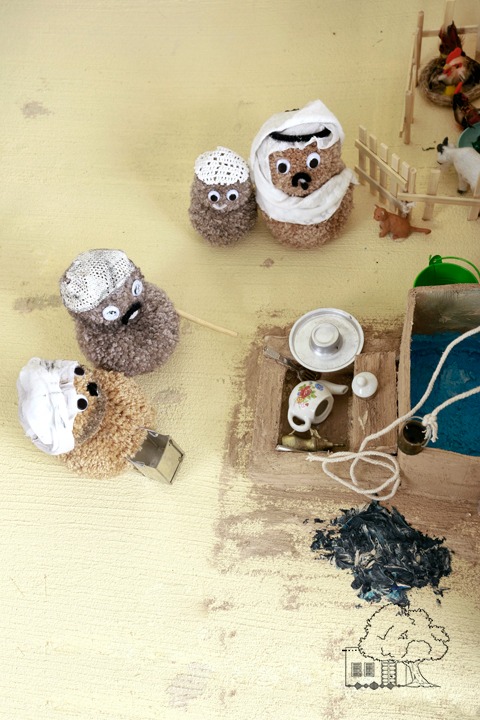

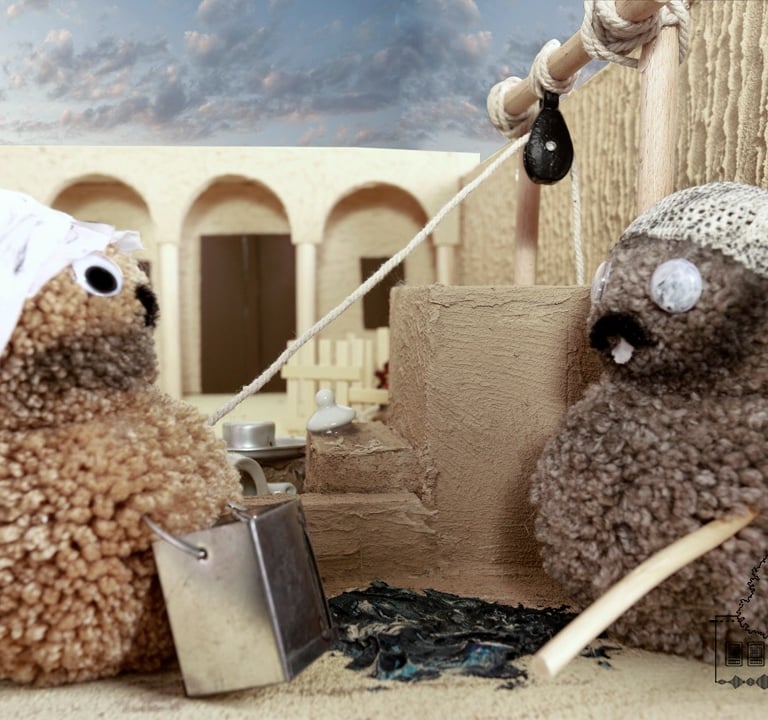

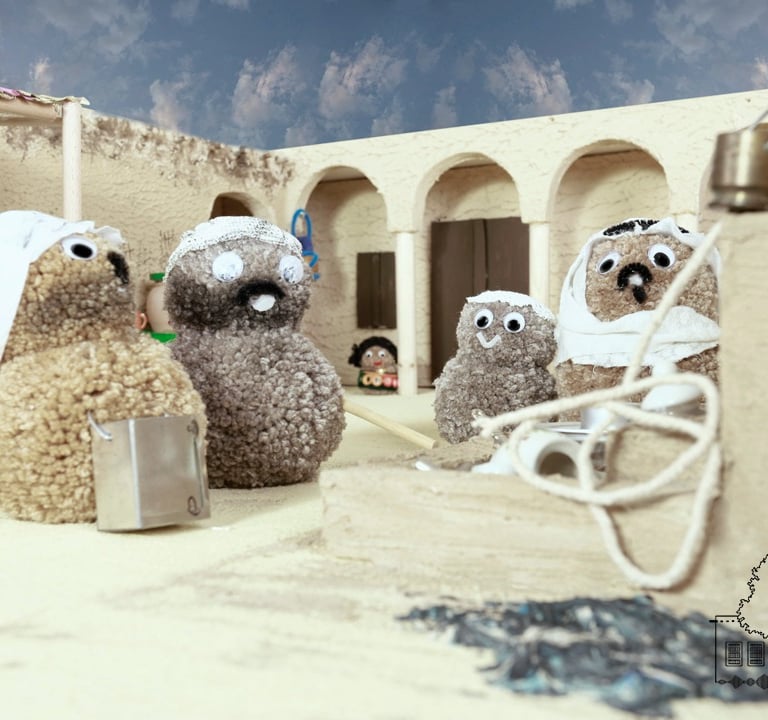

النكاس The Nakkas
He is the person who passes by the houses calling (Nakkas ... Nakas) to repair the millstone, which is two pieces of stone, the upper piece has a hole to put the wheat grains in it and is operated by a piece of wood fixed at the top to move it. It was used to grind wheat (jarish) in the past. The lady of the house in the past would hand him the millstone which, due to frequent use, had become soft and did not grind the wheat. When it was handed over to the Nakas, he would roughen the millstone and repair it using the tools he carries with him in a bag, which are hammers, judoum, fine rhiz, and mishartin. He would turn the millstone over by roughening it by tapping and banging on it so that it would have teeth that would be useful in grinding what was thrown into it.
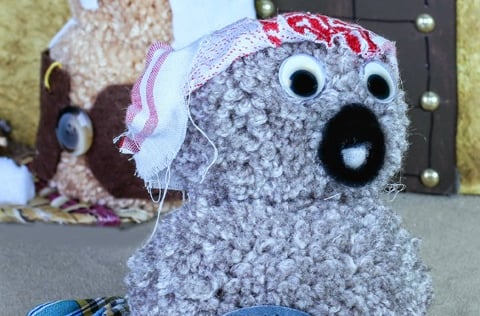

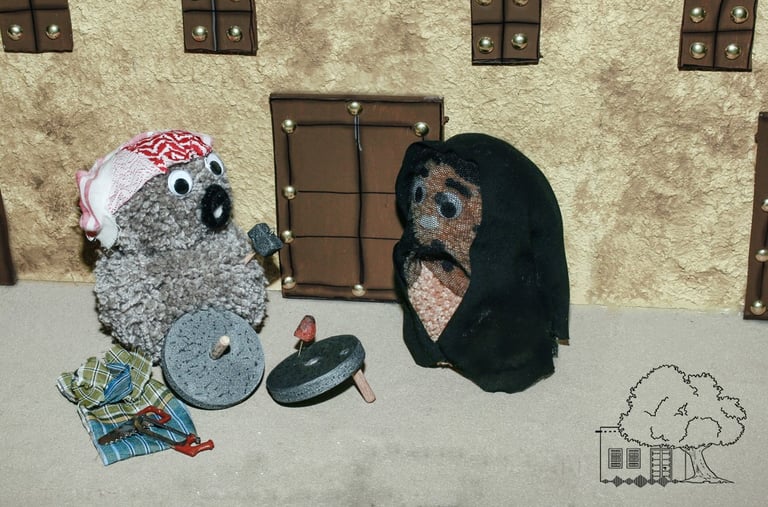

الكندري Al-Kandari
Frankincense means (Qandori) which means fresh water. This interpretation is correct in terms of the meaning but wrong in terms of the meaning and pronunciation because frankincense means in the language of the Kanara themselves. Kanar Dar, and Kanar means the jujube tree, and Dar means a stick and was abbreviated to frankincense. Frankincense is a crescent-shaped stick with a special flexibility and two pointed heads, each head has special places at the ends of which two plates are attached, similar to a date or kerosene plate, and in which water is carried. The frankincense is placed on the shoulders, and these two plates hang from the ends of the stick. The Kanara carry water to the houses and this profession is a source of livelihood for many families and residents.
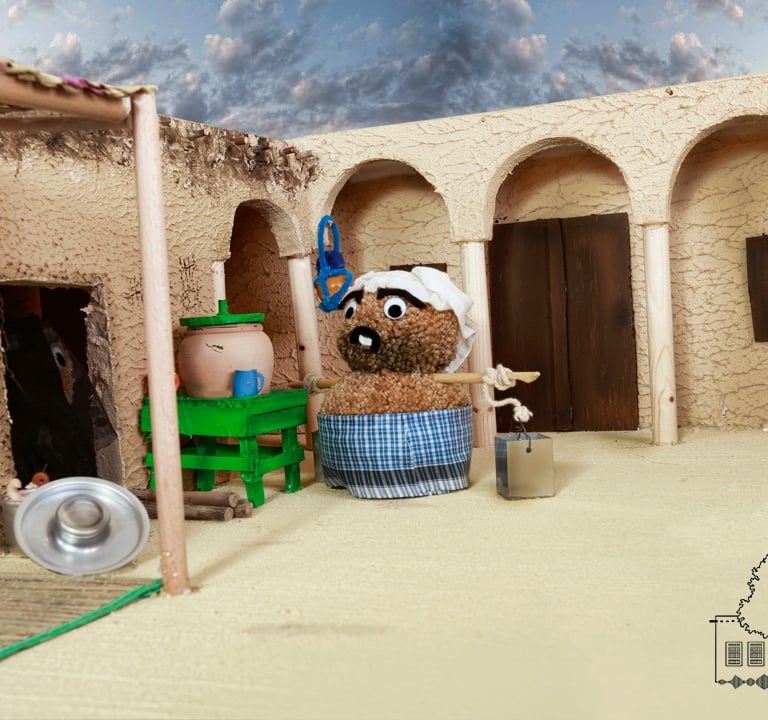

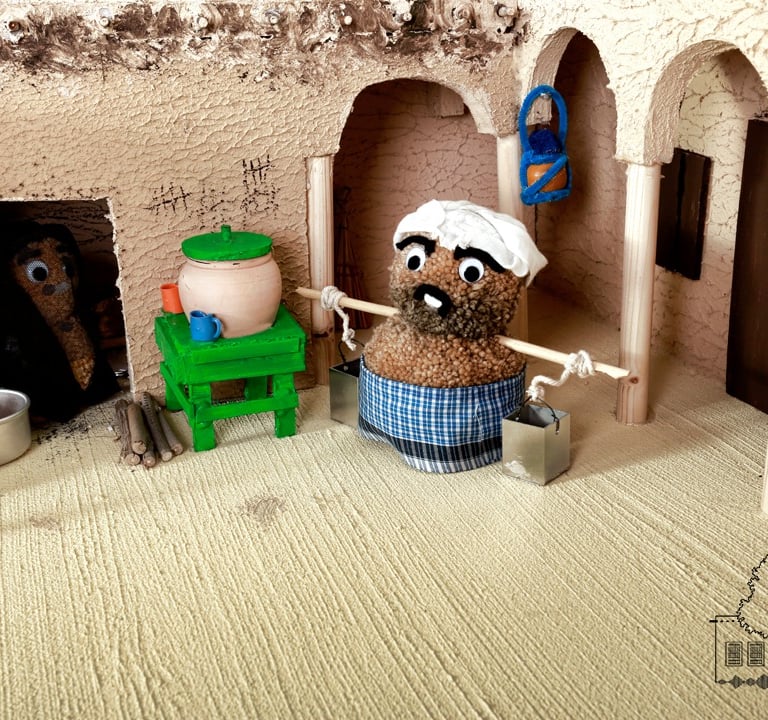


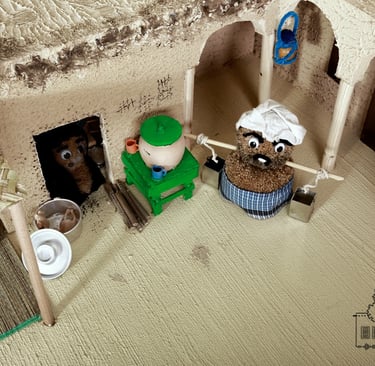
The Fishmonger:
A fishmonger is a person who sells fish. The first fish market in Kuwait is credited to the Al-Samak family (Hajj Hussein Al-Samak). The fish market is close to the Farda (vegetable market). The fishmongers had close relationships with suppliers, fishermen, and wholesalers known as Jazaf (plural of Jazaf). The fish market is roofed with lintels and porches, and in front of each shop is a (Daggah) or Dekkah, which is a table or surface for placing the fish on.
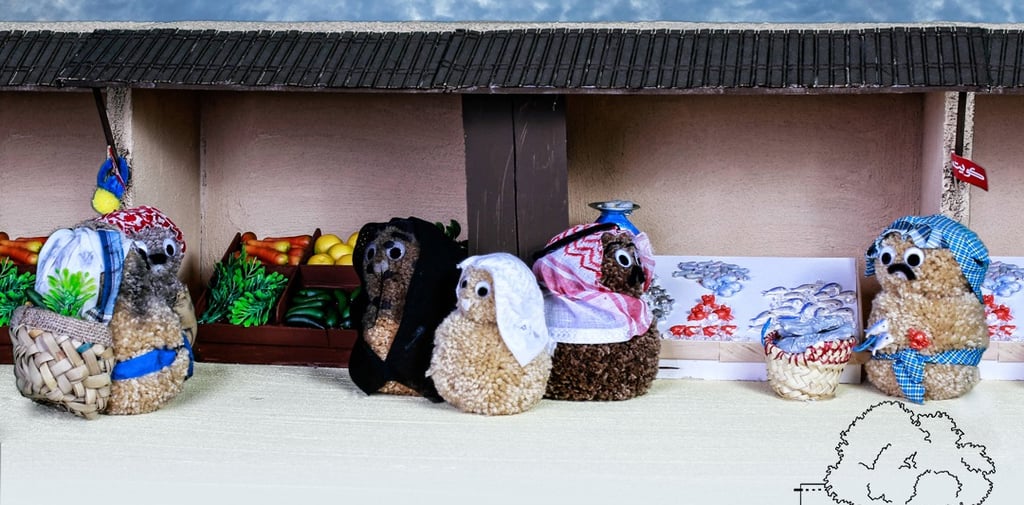

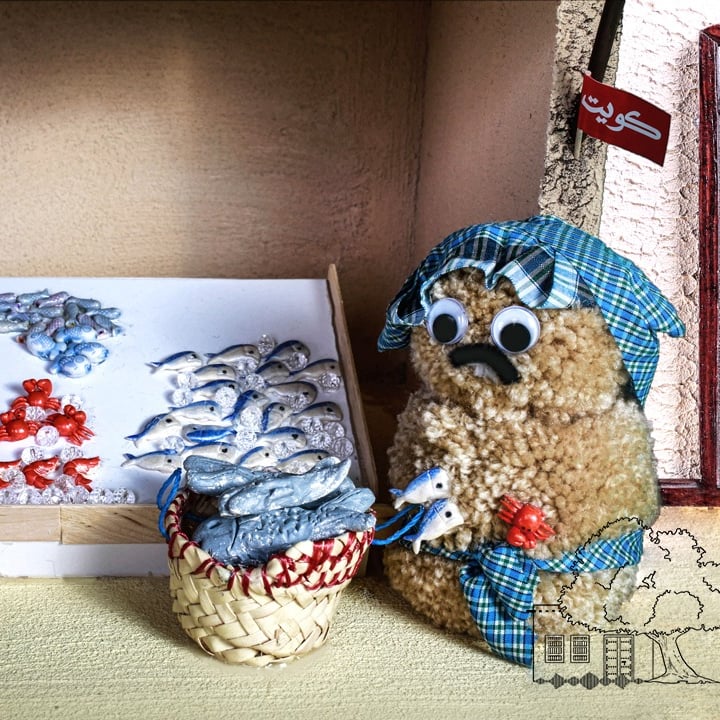

الطراح Al-Tarrah
Vegetable Market (Al-Tarareh), these are the vegetable sellers and the single (Al-Tarah). The seller of vegetables and Kuwaiti farm products such as Ruwaid and Taruh, Barbeer, Bajela and Dill, tomatoes, cucumbers, fruits, yellow watermelon, watermelon, Canar (Nabq), and its fruit Bamber.
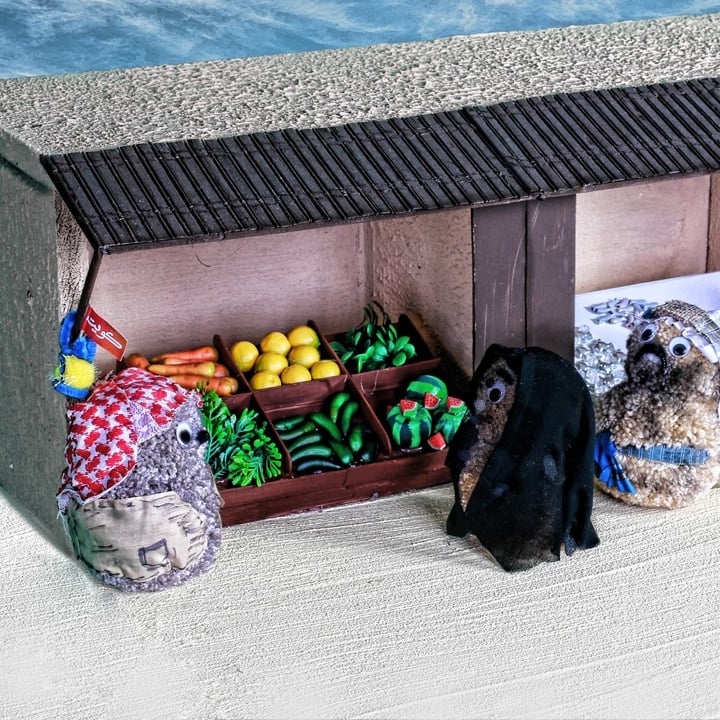

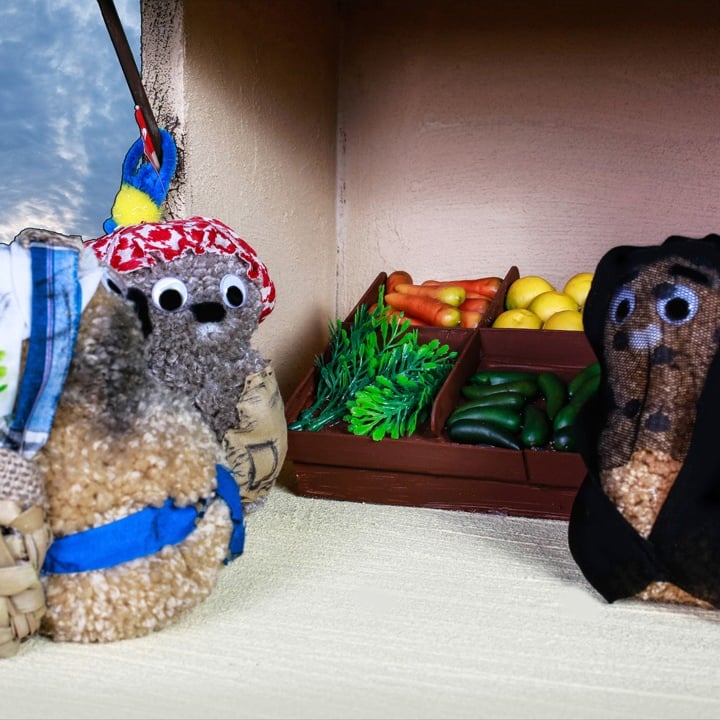


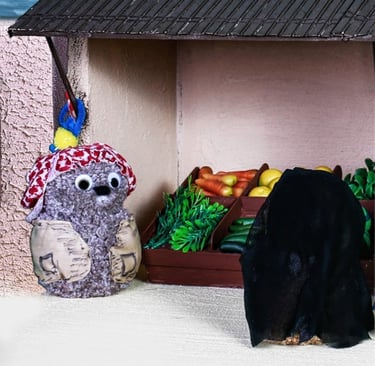
Al Imarah – Al Helwaji – Al Bazzaz – Al Hawaj
Al Imarah:
The Al-‘Imarah shop provides the necessities for the people of the ships (wood, ropes, nails…)
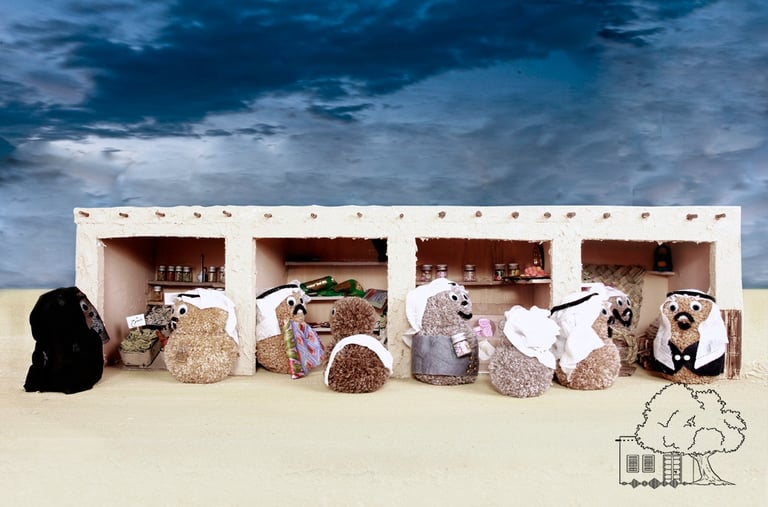

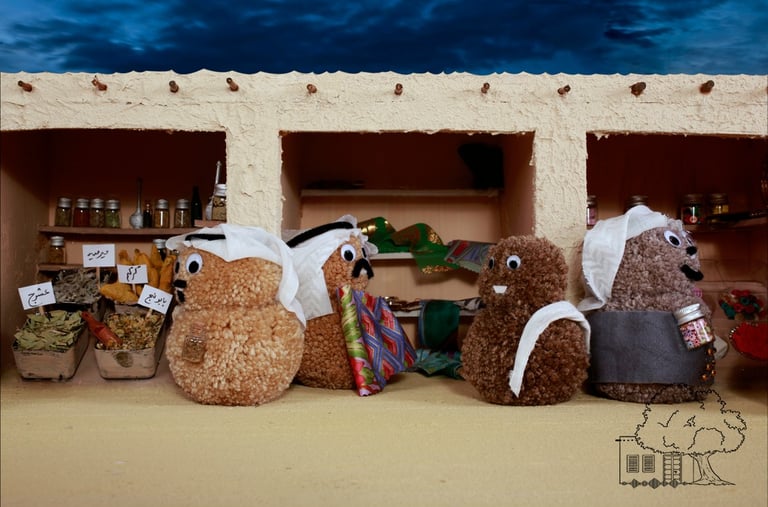

Al Bazzaz
The cloth seller (clothes), the profession of the cloth seller, the owner of this profession would pass by the houses sometimes on foot and sometimes on his donkey calling out his wares, so the women would come out to buy whatever types of cloth they wanted. Then it was transformed after that into shops and stores.

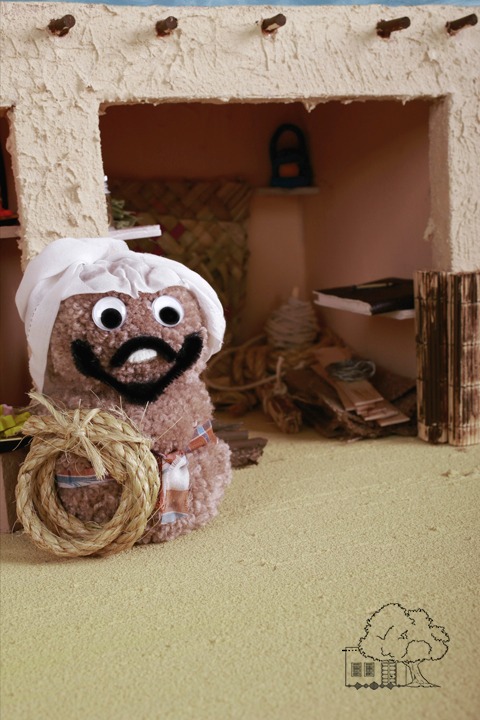
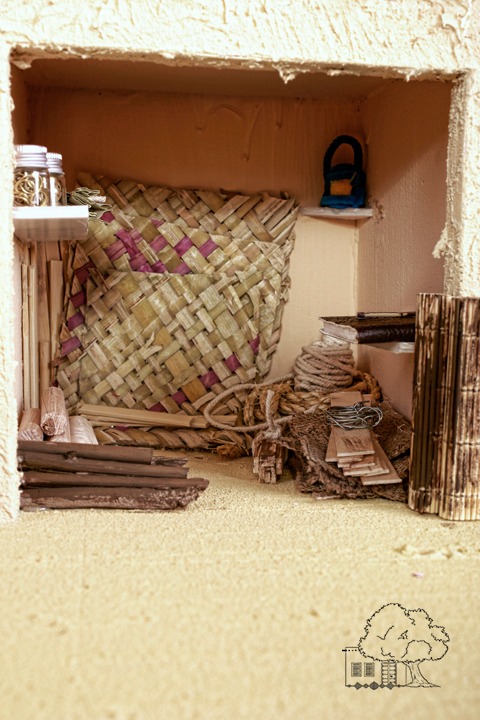
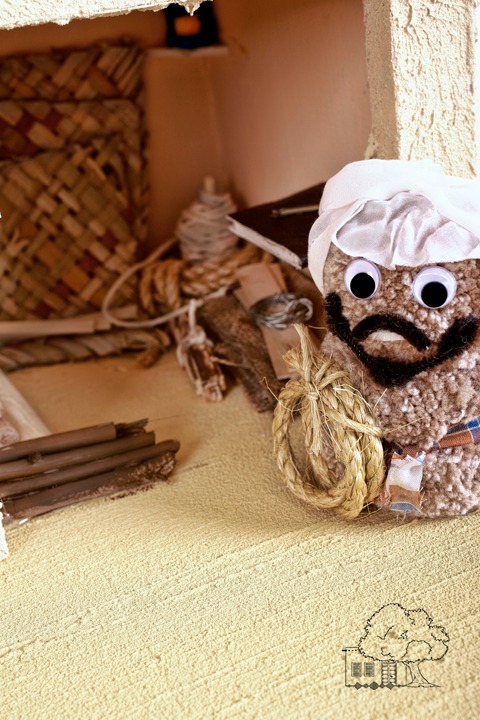
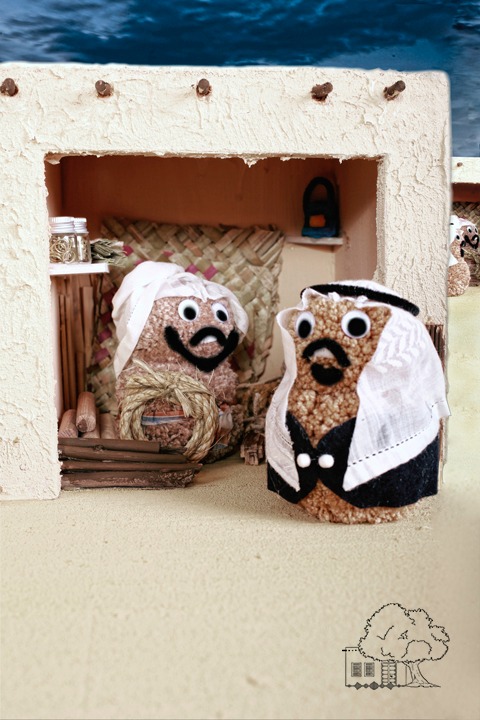
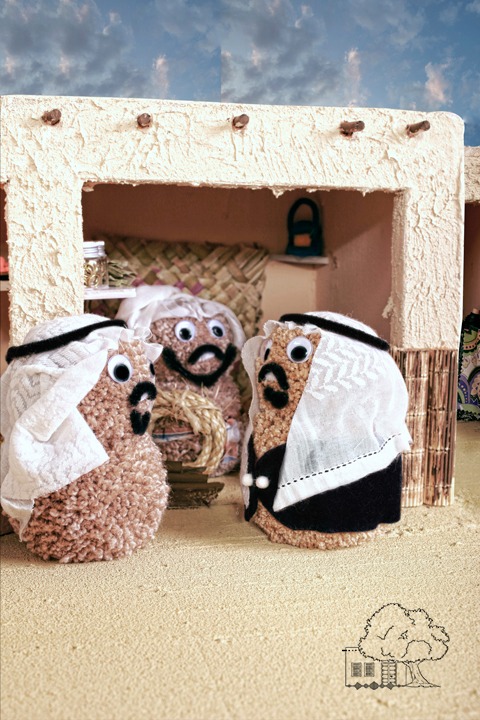
Al Hilwaji
It is the craft of making Kuwaiti popular sweets, where flour, sugar, cardamom, yeast, saffron, rose water, orange blossom water, sesame, and molasses are used. The most famous sweets are: Zalabia, Sab Al-Qafsha, Ghriba, Jawami’, Dandurma, Luqaimat, Zalabia, Rahash, Halwa, Simsimiya, etc.
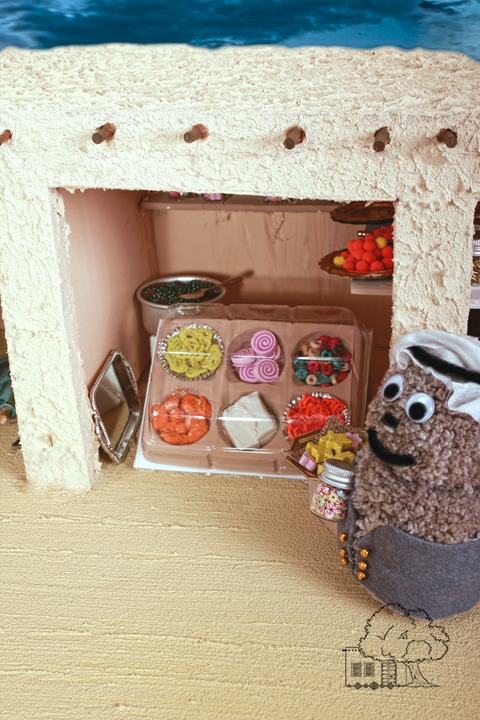
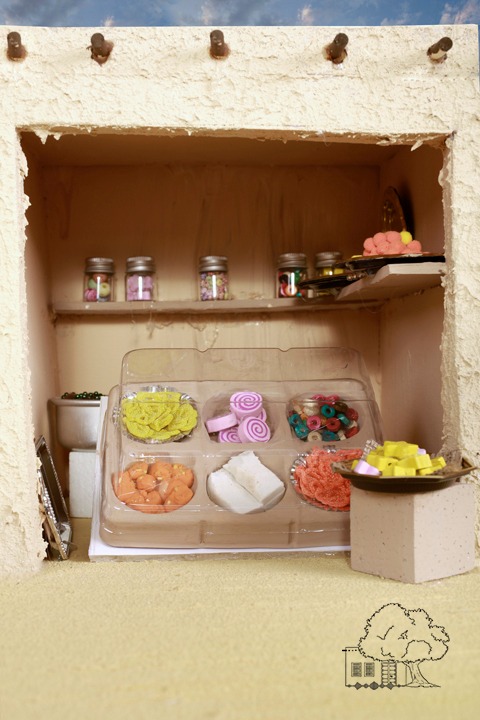
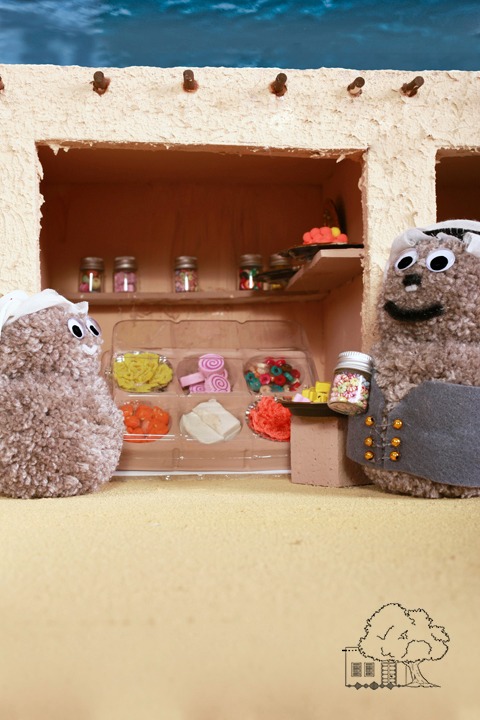
Al-Hawaj (the Herbalist)
The attar (or hawaj), as they are called locally, is a person who sells special types of various wild plants, grains, dried fruits, and the peels of certain fruits, such as pomegranates and oranges, as well as other materials primarily used in the preparation of medicines. They also offer other products, such as spices, seeds, dyes, and the like. The attar is usually an expert in preparing herbs (medicines) and other mixtures used in various fields, some of which are imported from India, Iran, Yemen, Saudi Arabia, and the Kuwaiti desert. Among the items they sell are thyme, basil, ox tongue, ginger, dried lime, anise, henna, cardamom, and lotus. Attars did not have their own market, but were spread throughout all of Kuwait's markets.
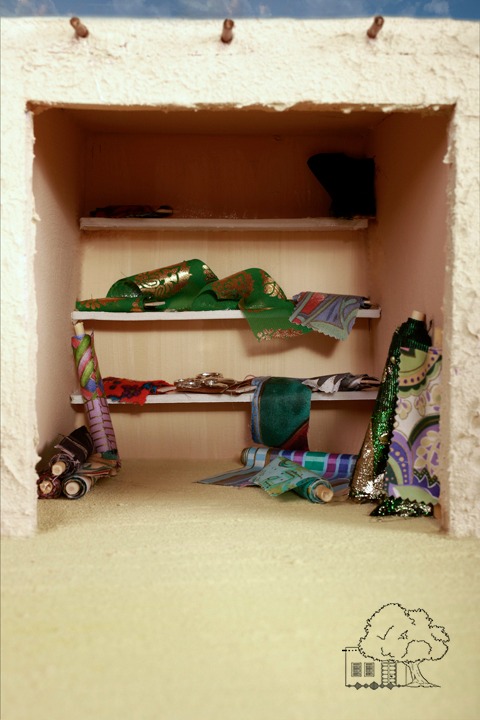
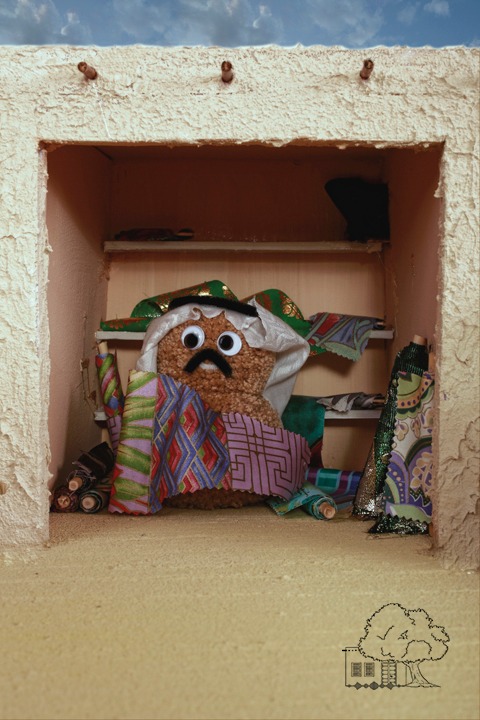
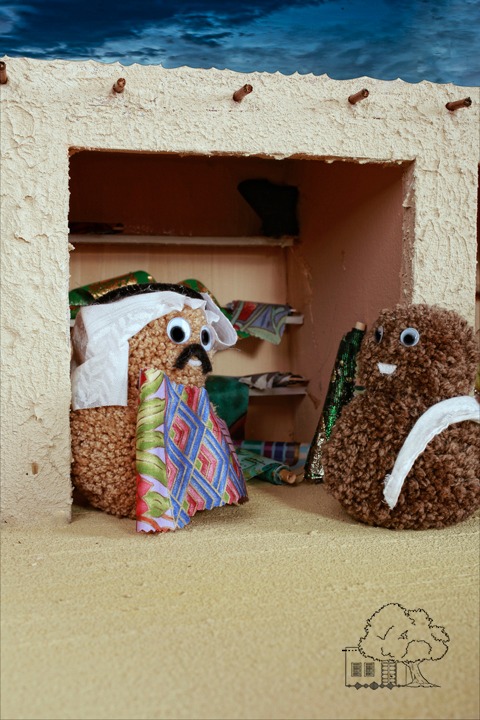
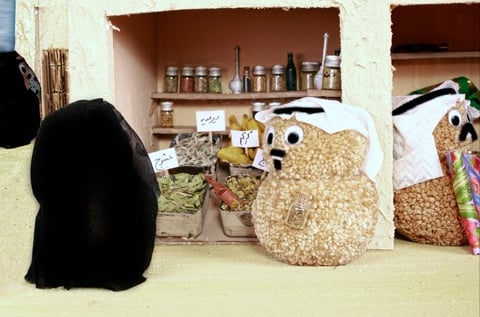

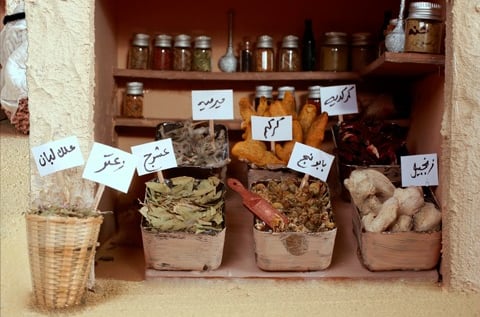

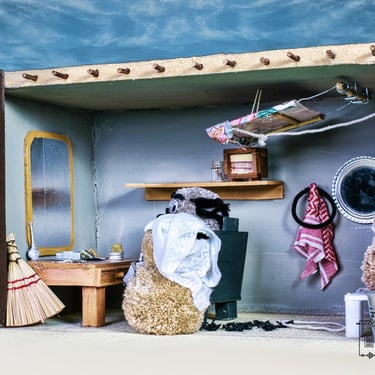
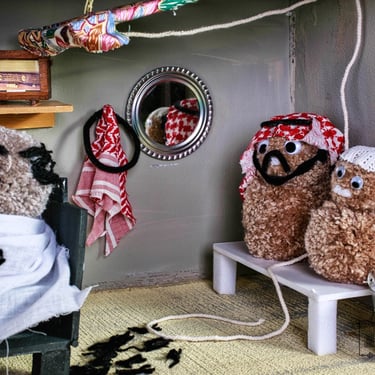
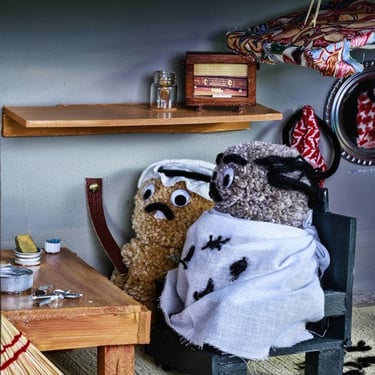
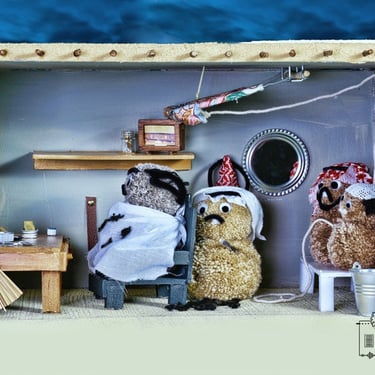
The Barber (Al-Muhsin): The Ancient Profession of Barbering
Barbering is not a modern profession, but rather a very old one that has evolved over time. In the past, the barber was called (the barber), and he would spend the whole day practicing his profession. In the past, shaving was obligatory for everyone, especially children, as they would undergo a weekly head shave. The price of a haircut for children was half a rupee and for adults it was one rupee. The barber would often cut the customer's hair completely so that he would appear hairless (bald), while some customers would ask the barber to make a certain movement on his head (cut it). The barber's equipment and tools included (the razor), a small bowl (the bowl), a razor sharpener, some pieces of cloth (khalaqin), and soap to wash the head with before shaving. The barber would sometimes shave the beard (the chin), either removing it completely or adjusting it. Some barbers also worked as folk doctors, treating some physical diseases due to their experience in using the razor.
الخراز Al Kharraz
Leather beads and the like Kharaz: he sewed, beaded: and decorated it with bead and beaded Al-Khirazah: the craft of the beader, and one of his crafts is sewing leather. It is an old popular craft that is still widespread to this day. The beader is a craftsman who deals with leather with skill and turns it into something useful that we can use in our daily lives. The beader produces a number of necessities such as: slippers, water skins (for storing water), milk jugs (saqqa), oil cans, rifle shelters, and belts. The tools are: leather that they bring from different regions, the most important of which are tanneries, and they select it well in terms of cleanliness and quality - a large needle with a round wooden handle - thick colored threads to decorate the sole or other products - a pestle to beat the leather - a samba, which is a rectangular piece of wood about 15 cm long, pointed on one side and gradually increasing in thickness - a mahkha, which is a piece of rough stone - scissors and knives
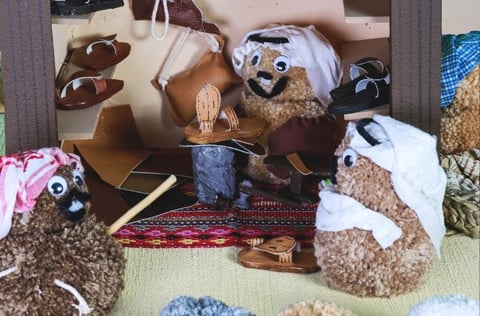

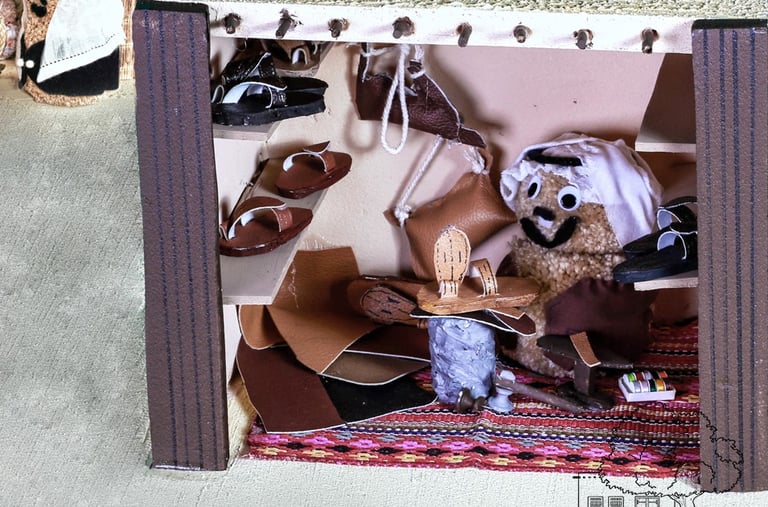

The Zarabet Seller
Zabout is a type of sea snail (snail) and it is cone-shaped, plural zababit, and inside it is a small mollusk that comes out with a palm frond thorn. There is a proverb (zabout al-naq'a) for everything that is small in size. These zababit are placed in a pot to be cooked (fuha). There were sellers in the streets and near the fish market who would call out (zababit kabar wa nadi) and also (hawita) which is a small ribbed shell with a small animal inside, that is also cooked and eaten.
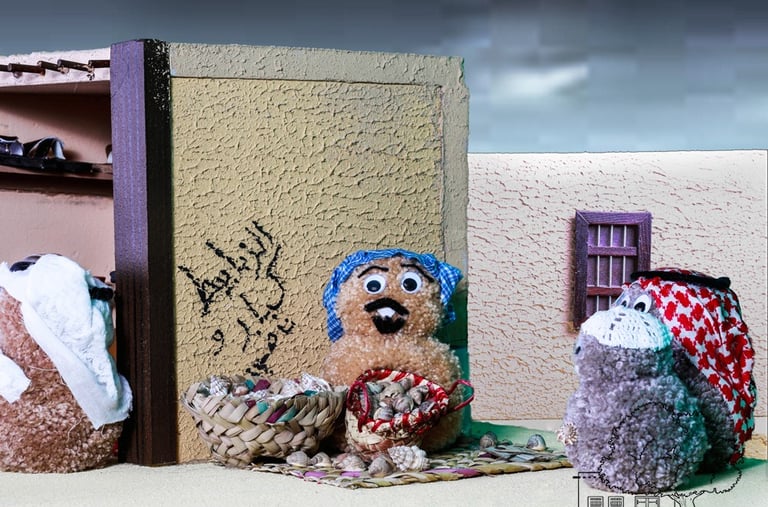

The Mutawa's House (Mullah):
Al-Mutawa: Before the encyclopedia was established and government schools spread throughout Kuwait, there were some private schools that taught the Holy Quran, the Islamic religion, and the basics of reading, writing, calligraphy, and arithmetic. These schools were supervised by a person called the Mullah or Mutawa, who would provide help when needed in the task from teachers or (Taw’ah and Mulla). The school at that time was a small old house owned by the Mullah or rented at a very low price. He would furnish it with primitive furniture and supplies such as rugs, mats to sit on, buckets for drinking water, some black wooden boards to write on, and the Mullah’s chair. People would bring their children to these schools and would haggle with the Mullah about the type of wages. Some would pay him a monthly salary for his father called (Mushahra), while others would agree with him on a fixed wage called (Qatu’ah), which was paid to him after completing the Quran memorization.
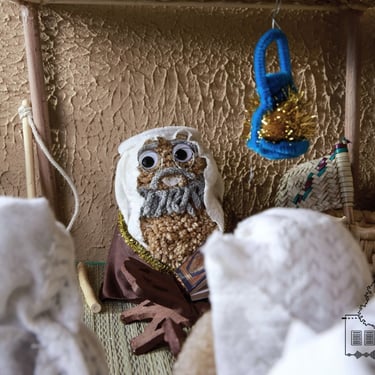
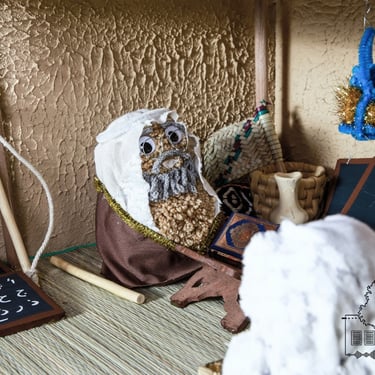
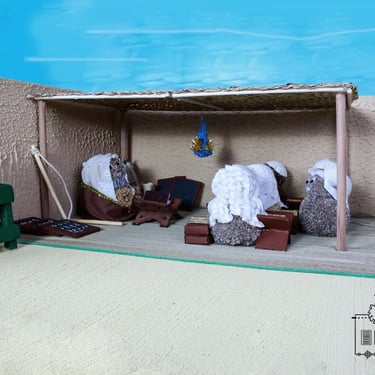
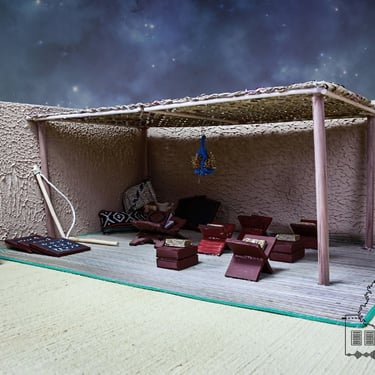
The Rawid (Vegetable) Seller
There are some Bedouin women who wear a basket on their heads with some vegetables such as (greens, lentils, etc.) that their men grow on the farms to sell to the people of Sur, Kuwait.

